
5 marketing quotes that can change your business this year
There is much to learn from the world’s top marketers, so we collected five quotes from a handful of our favorite marketers to share with you. While the authors are varied, these quotes share a single attribute: they are simple, yet profound enough that when put into practice they can change your business.
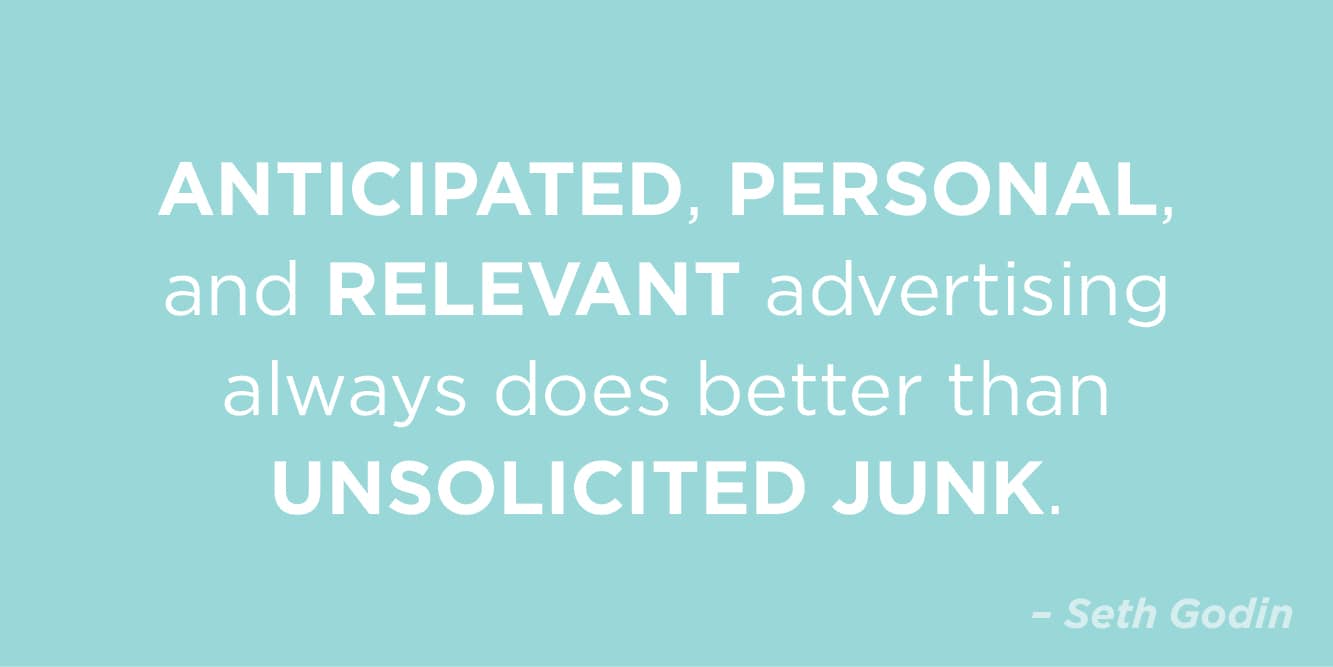
Modern marketers are savvy in the discipline of email marketing, and we have data on just about everything. The argument has been made that we have so much data that we can fall subject to common logical fallacies. Regardless, there is one concrete conclusion we can make from all email marketing data: if you are not absolutely relevant, you might as well be junk. Your buyers don’t want unsolicited emails; they want timely content that is personal. Marketing automation enthusiasts long for the day when Minority Report-style precognition can deliver answers to consumers’ inboxes the instant before they encounter a problem, but that day is in the distant future. For now, your goal should be to illicit this one response from your customers: “Wow, this is meaningful to me now.”
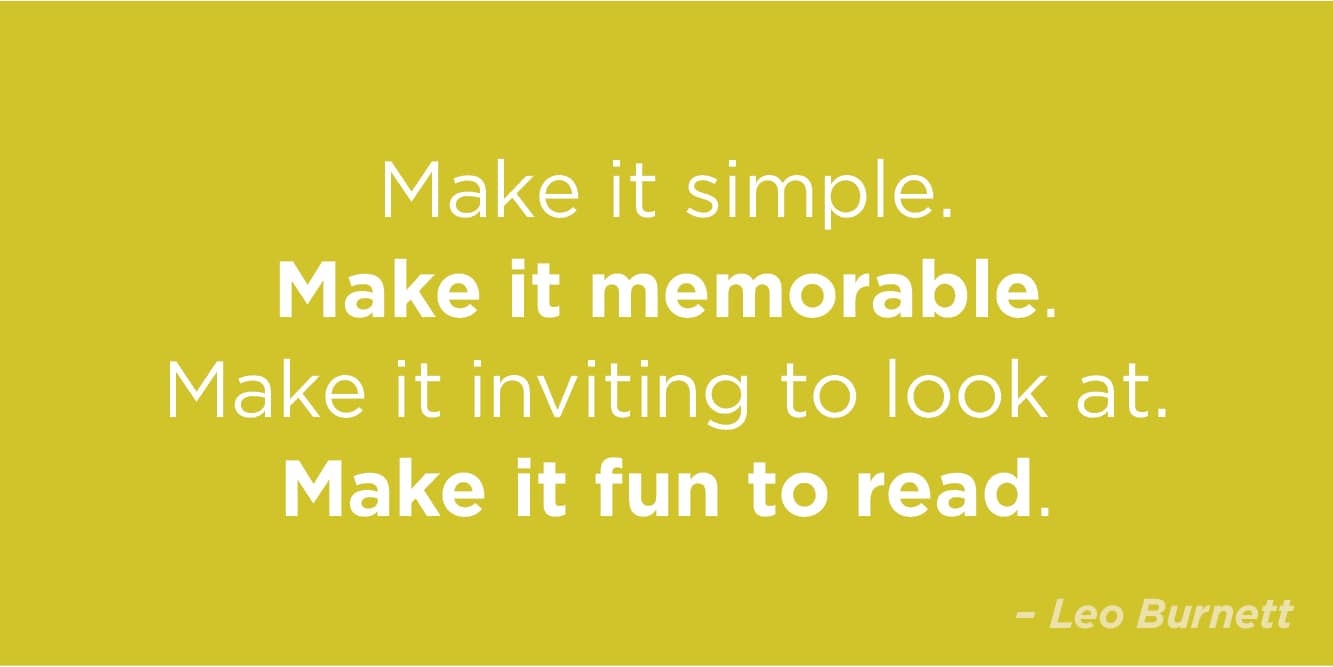
Leo Burnett hits the nail on the head on the most important characteristics of content marketing. In the B2B marketing space alone, content is being generated at an incredible rate. If you are like me, then your inbox and Twitter feed are inundated with ‘How-Tos,’ ‘Must Dos,’ and ‘27 Reasons Why…’ headlines (not that these are always unwelcome– we do love lists). Your buyers benefit by having all the information they need to make a decision at their fingertips. How do you ensure yours is the content they are consuming? Make your content fun.
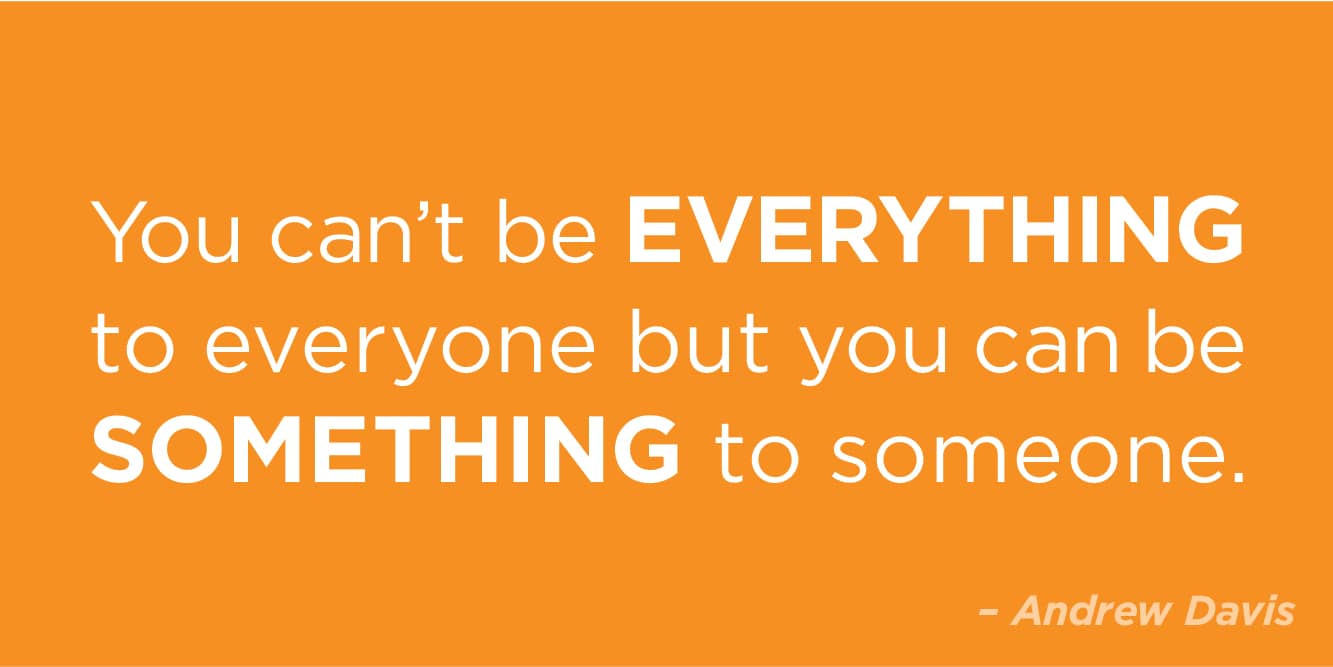
If you own a friendly neighborhood corner store, skip this paragraph. But chances are you don’t run a business that needs to have every type of household, automotive, snack or souvenir imaginable—so why do we see companies trying to follow the ‘corner store’ model of business? If you are trying to be everything to everyone, you will end up designing a product or service that is used by no one. Your customers are looking to your business to solve a problem for them and if they are met with a myriad of products, services and messages that look no different than your competitors’, they will quickly disregard you and move on. Make sure you communicate a clear value proposition and help your customers solve their problem.
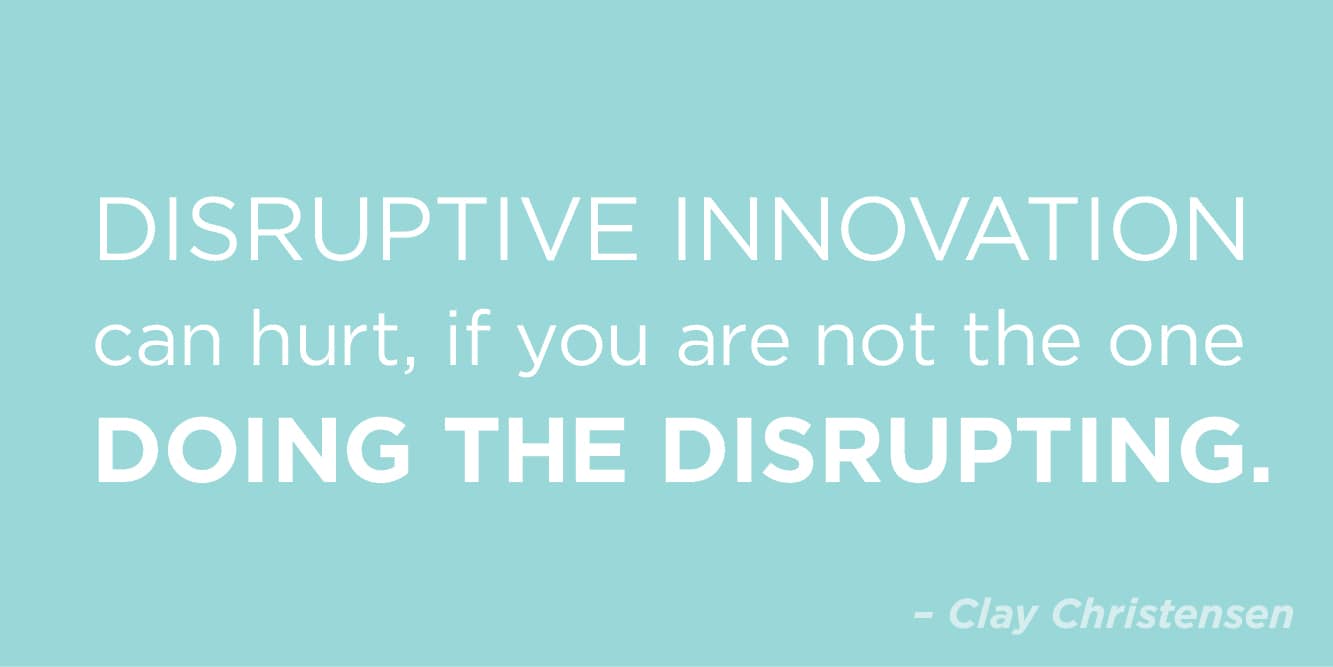
We are all familiar with innovations that disrupted their industries. For instance, mobile phones changed the game for telecom service providers, who had to adapt their product offering or become obsolete. During that era of device-focused disruption, it was good to be a Nokia, Motorola or LG of the world. But they left the door open for something better, something more user-focused in the category. Irrelevant of the case study or the industry, one fact remains true: it’s better to be the disruptor than the disrupted. The first step to staying ahead of the curve is to understand your customers. If you keep your finger on the pulse of your audience, you will be able to anticipate their needs and tailor your solutions (or invent completely new ones).
Lastly, we mustn’t forget this truth spoken by Ann Handley:
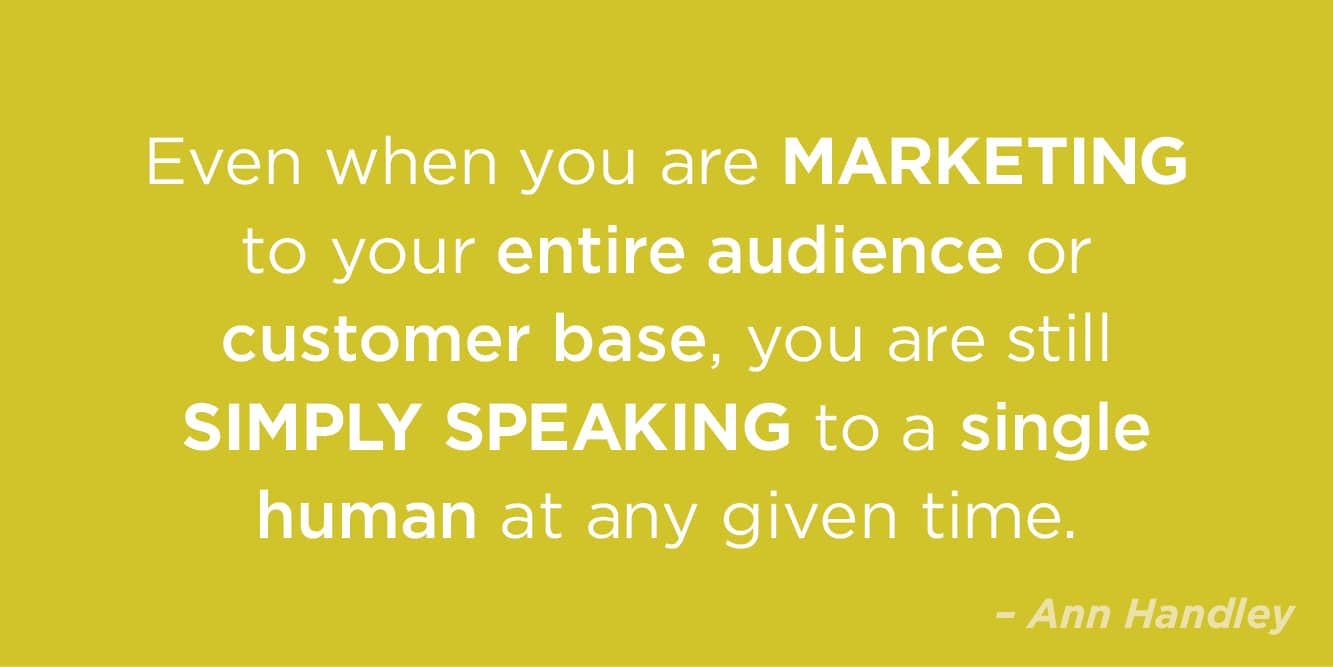
This year, don’t overwhelm your customers with unnecessary jargon and buzzwords, and definitely don’t treat them like they are a wallet. Your buyers are human. Your consumers are human. Your employees are human. As Bryan Kramer says, “There is no more B2B or B2C. There is only Human to Human (H2H)”. If we alter the way we think about our buyers and consumers, we can begin delivering exceptional experiences. Don’t forget, the most important asset your business has is its people.